Leo Tolstoy Archive
Master of Russian Literature, International Activist, Father of Christian Anarchism
9 September, [O.S. 28 August] 1828 – 20 November, [O.S. 7 November] 1910
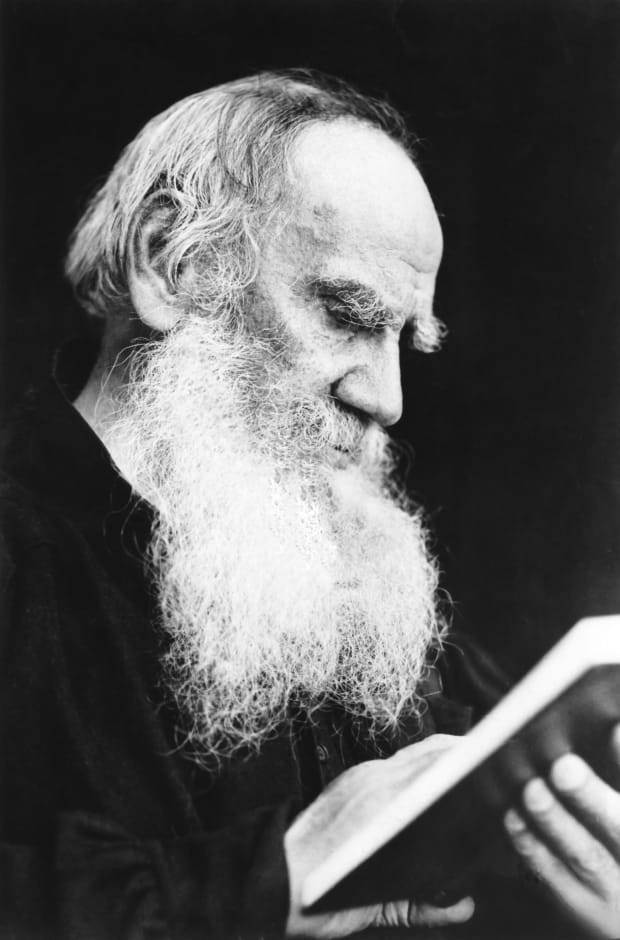
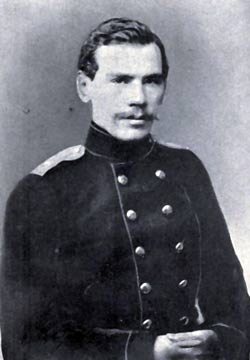
About
"...the dissemination of the truth in a society based on coercion was always hindered in one and the same manner, namely, those in power, feeling that the recognition of this truth would undermine their position, consciously or sometimes unconsciously perverted it by explanations and additions quite foreign to it, and also opposed it by open violence."
--Leo Tolstoy, "A Letter to a Hindu" (with Mohatma Gandhi), 1908
Count Lev Nikolayevich Tolstoy (/ˈtoʊlstɔɪ, ˈtɒl-/; Russian: Лев Николаевич Толстой, tr. Lev Nikoláyevich Tolstóy, IPA: [lʲef nʲɪkɐˈla(j)ɪvʲɪtɕ tɐlˈstoj]; 9 September, [O.S. 28 August] 1828 – 20 November, [O.S. 7 November] 1910), usually referred to in English as Leo Tolstoy, was a Russian writer who is regarded as one of the greatest authors of all time. He received nominations for the Nobel Prize in Literature every year from 1902 to 1906 and for the Nobel Peace Prize in 1901, 1902, and 1909. That he never won is a major controversy.
"A Government, therefore, and especially a Government entrusted with military power, is the most dangerous organization possible."
--Leo Tolstoy, "Patriotism and Government," 1900
Born to an aristocratic Russian family in 1828, Tolstoy is best known for the novels War and Peace (1869) and Anna Karenina (1878), often cited as pinnacles of realist fiction. He first achieved literary acclaim in his twenties with his semi-autobiographical trilogy, Childhood, Boyhood, and Youth (1852–1856), and Sevastopol Sketches (1855), based upon his experiences in the Crimean War. His fiction includes dozens of short stories and several novellas such as The Death of Ivan Ilyich (1886), Family Happiness (1859), and Hadji Murad (1912). He also wrote plays and numerous philosophical essays.
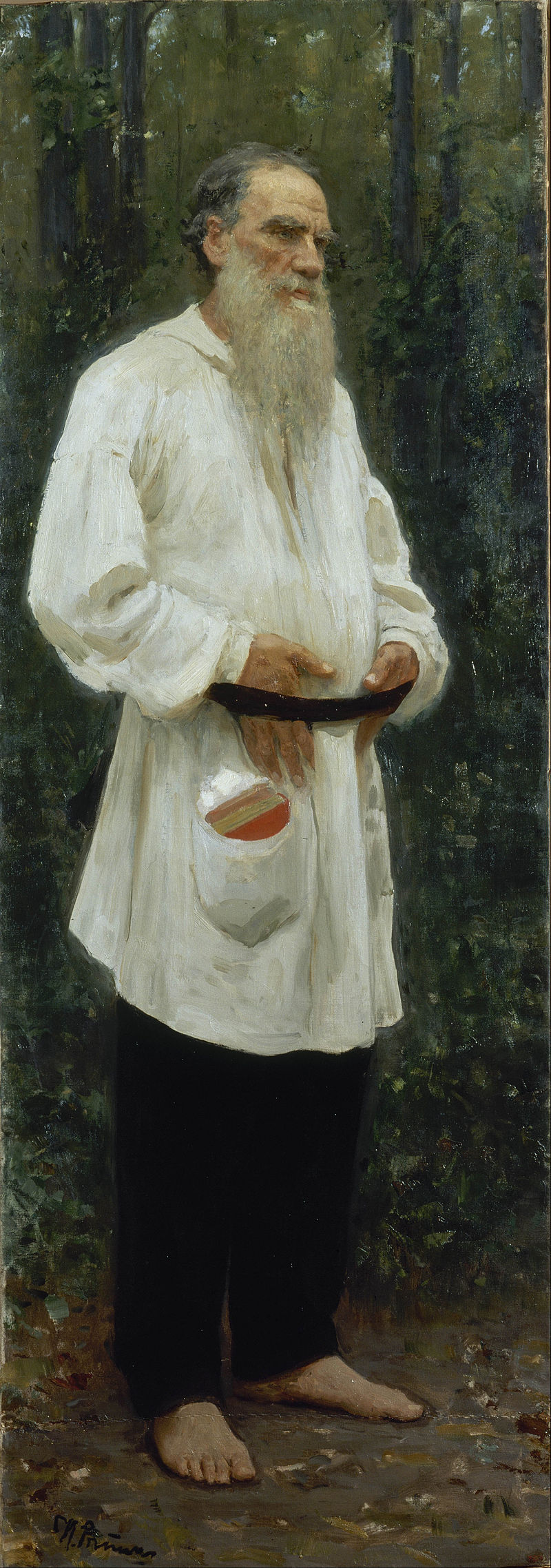
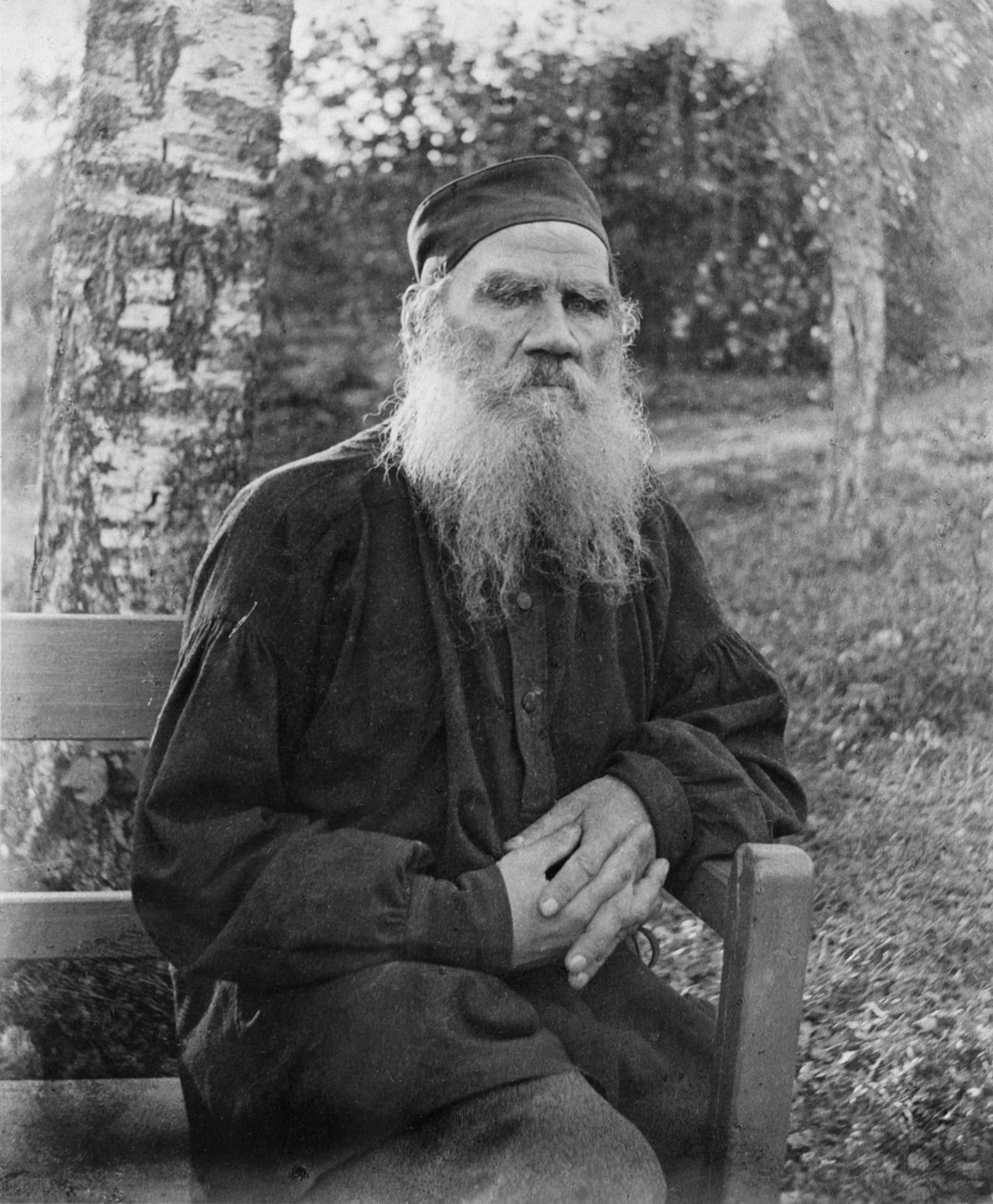
"There are people (we ourselves are such) who realize that our Government is very bad, and who struggle against it."
--Leo Tolstoy, "A Letter to Russian Liberals," 1896
In the 1870s, Tolstoy experienced a profound moral crisis, followed by what he regarded as an equally profound spiritual awakening, as outlined in his non-fiction work A Confession (1882). His literal interpretation of the ethical teachings of Jesus, centering on the Sermon on the Mount, caused him to become a fervent Christian anarchist and pacifist. His ideas on nonviolent resistance, expressed in such works as The Kingdom of God is Within You (1894), had a profound impact on such pivotal 20th-century figures as Mahatma Gandhi and Martin Luther King Jr. He also became a dedicated advocate of Georgism, the economic philosophy of Henry George, which he incorporated into his writing, particularly Resurrection (1899).
"Nothing useful can be poured into a vessel that is already full of what is useless. We must first empty out what is useless."
--Leo Tolstoy, "Letter to a Non-Commissioned Officer," 1898
Source: Wikipedia.org
We are missing many works! Please help us locate these. This list represents not only texts missing from MIA, but these are also texts by Tolstoy generally missing from the Internet. Any help is appreciated!
Works
- Non-Fiction Books
- Novels
- Autobiographical Work
- Articles
- Collections
- Plays
- Short Stories
- Letters
- Biographies, Evaluations, Criticisms
- Related Subjects
Non-Fiction Books
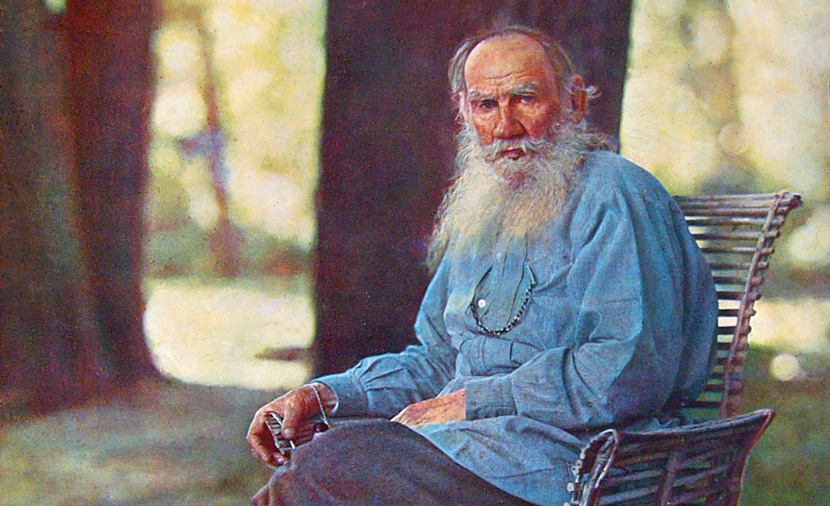
1862: Yasnaya Polyana School
1882: A Confession
1884: My Religion
1887: What to Do? Thoughts Evoked by the Census of Moscow
1887: On the Significance of Science and Art
1887: The Gospel in Brief
1890: Why Do Men Stupefy Themselves? (Translated by the Maudes)
1890: Why Do Men Stupefy Themselves? (Translated by N. H. Dole)
1894: The Kingdom of God is Within You 
1895: The Christian Teaching
1897: What is Art?
1900: Some Social Remedies
1904: What Shall We Do? 
1906: Tolstoy on Shakespeare
1908: The Law of Violence and the Law of Love 
1908: The Teaching of Christ Narrated for Children
Novels
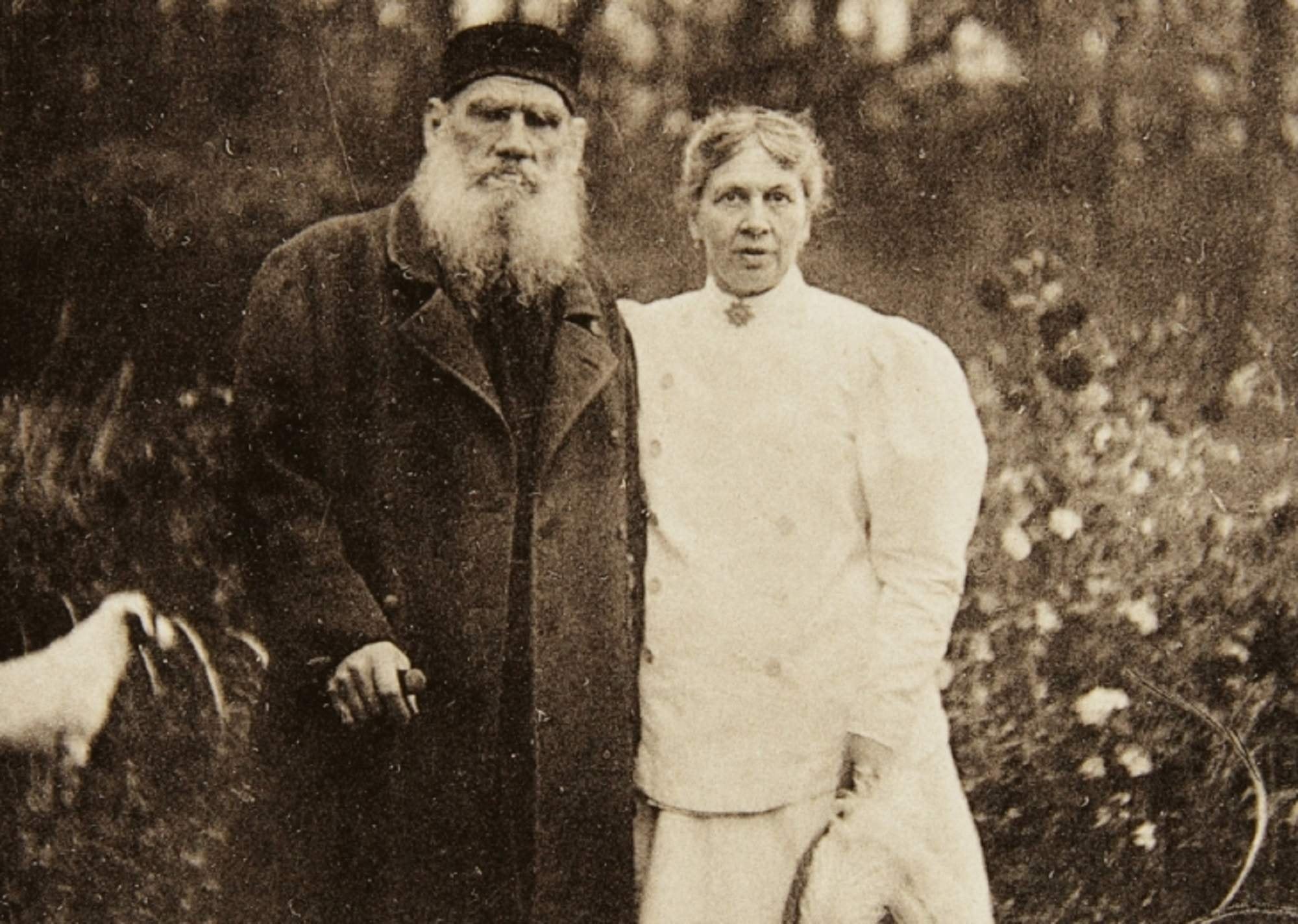
1855: The Cutting of the Forest : The Story of a Yunker
1856: Two Hussars
1859: Family Happiness
1863: The Cossacks : A Tale of 1852
1868: The Decemberists
1869: War and Peace 
1877: Anna Karenina 
1885: What Men Live By 
1886: The Death of Ivan Ilyich
1888: Stories of My Dogs
1888: Scenes from Common Life
1889: The Devil
1891: The Kreutzer Sonata
1895: Master and Man
1898: Father Sergius
1899: The Awakening
1899: The Resurrection
1904: Hadji Murad
Autobiographical Work
1852-1857: Early Age
1888: Sevastopol
1917: The Journal of Leo Tolstoi, Volume 1
Articles
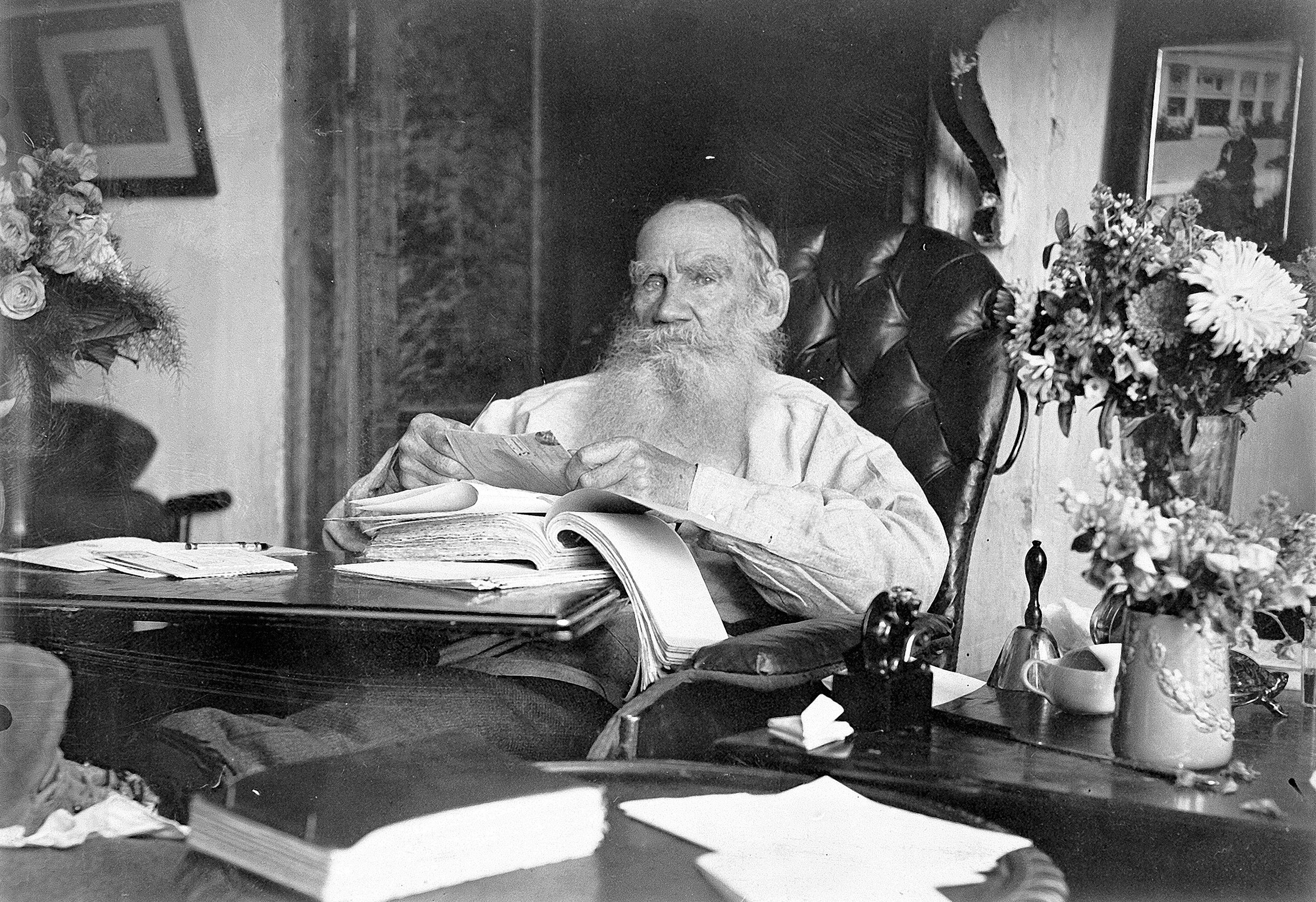
1851: A History of Yesterday
1862: Who Should Learn Writing of Whom; Peasant Children of Us, or We of Peasant Children?
1878: First Recollections
1880: Astonishing Creatures
1887: An Old Acquaintance
1889: The Feast of Enlightenment of January Twenty-Four
1891: The First Step 
1891: Church and State
1892: In the Midst of the Starving
1893: Non-Activity
1894: Patriotism and Christianity
1894: The Works of Guy de Maupassant
1895: Shame!
1895: Last Will and Testament
1895: Persecution of Christians in Russia
1896: How to Read the Gospels
1896: To God or Mammon
1896: The Beginning of the End
1896: A Terrible Question
1896: Means of Helping the Population Suffering from Bad Harvests
1896: Help!
1898: Famine or Not Famine
1898: Two Wars
1898: The Emigration of the Doukhobors
1898: Right and Wrong
1899: Too Expensive!
1900: On Anarchy 
1900: Patriotism and Government 
1900: The Slavery Of Our Times
1900: Religion and Morality
1900: Thou Shalt Not Kill 
1900: Thoughts on God
1902: To The Working People 
1904: Bethink Yourselves!
1905: The State 
1905: A Great Iniquity
1906: An Appeal to Russians: To the Government, the Revolutionists and the People
1906: The Meaning of the Russian Revolution
1906: Tolstoy On Pascal
1906: The End of the Age: An Essay on the Approaching Revolution 
1907: Why the Christians are in such distress now
1907: Love One Another
1908: I Cannot be Silent!
1908: Diary of a Lunatic
1908: For a Single Word
1909: The Inevitable Revolution 
1909: Three Days in the Village
1909: Singing in the Village
1909: Last Message to Mankind 
1909: A Comparison of America and Europe
1909: Tolstoy on Lincoln
1911: Must It Be So?
~~: Appeal to Social Reformers
~~: Trust Yourself
~~: Nikolai Palkin
~~: Early Days
Collections and Collected Works
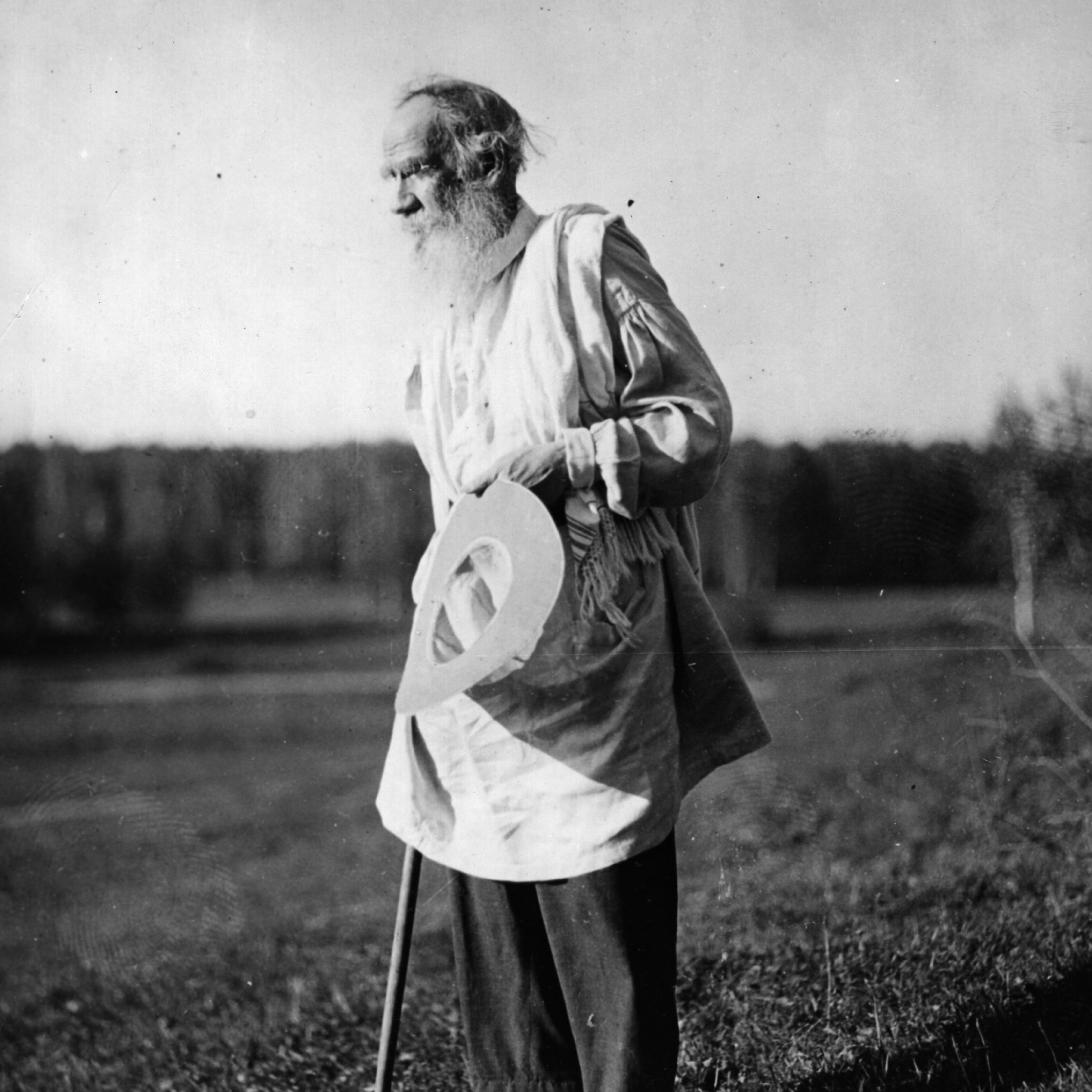
1887: A Russian Proprietor, and Other Stories
1887: The Invaders, and Other Stories
1889: The Kreutzer Sonata, And Other Stories 
1898: Tales from Zoology
1902: Stories from the New Speller
1904: Fables for Children, Stories for Children, Natural Science Stories, Popular Education, Decembrists
1906: Twenty Three Tales 
1912: The Forged Coupon, And Other Stories
1916: Tolstoy For the Young
Plays
1858: Albert
1886: The Power of Darkness
1886: The First Distiller
1889: Fruits of Culture: Maudes Translation
1890: The Light Shines in Darkness
1891: Fruits of Culture: Victor Yarros Translation
1900: Redemption
1910: The Cause of It All
Short Stories
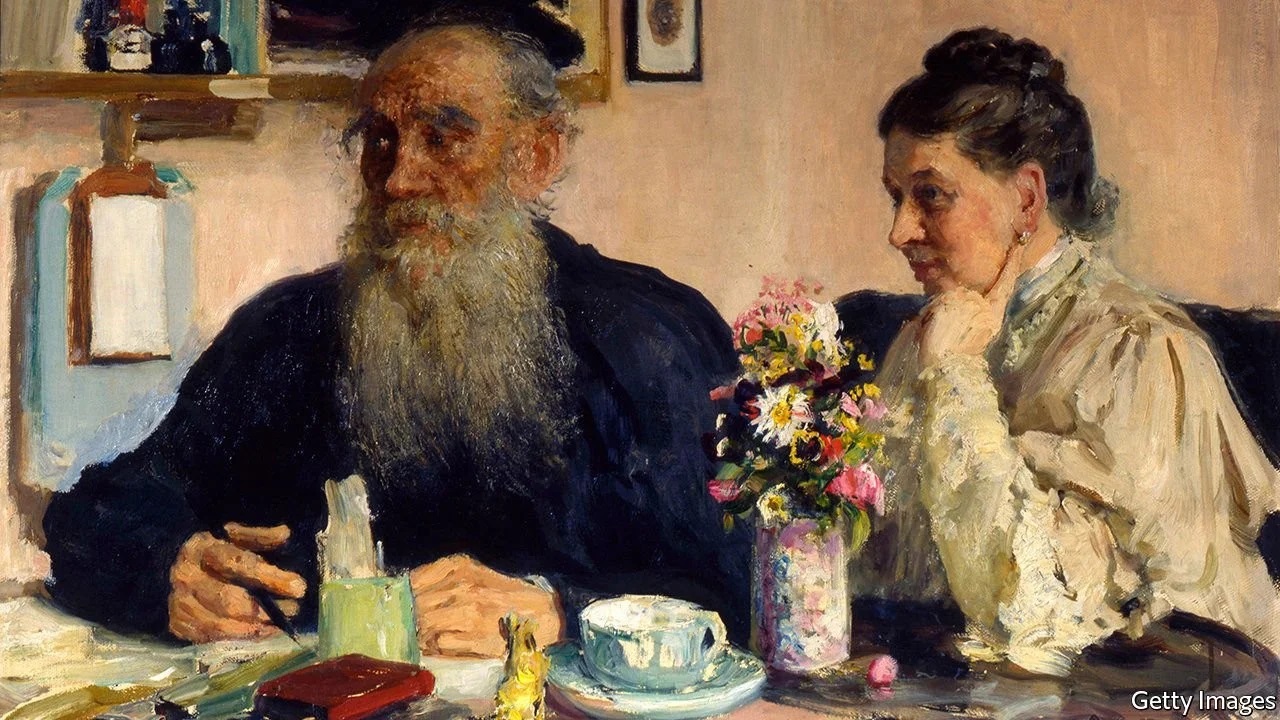
1852: A Morning of a Landed Proprietor
1855: Recollections of a Billiard-marker
1856: Meeting a Moscow Acquaintance in the Detachment
1857: Lucerne: From The Recollections Of Prince Nekhliudof
1859: Three Deaths
1862: Polikushka
1863: Kholstomer: The Story of a Horse
1872: The Bear Hunt
1872: The Captive in the Caucasus
1885: The Two Brothers and the Gold: R. N. Bain Translation
1885: The Two Brothers and the Gold: L. Wiener Translation
1885: Evil Allures, But Good Endures: Maudes Translation
1885: Evil Allures, But Good Endures: R. N. Bain Translation
1885: Elias: R. N. Bain Translation
1885: Elias: Maudes Translation
1885: Little Girls Wiser Than Men
1885: A Spark Neglected Burns the House
1885: Two Old Men
1885: The Candle
1885: Where Love is, God is: Translated by the Maudes 
1886: How Much Land Does a Man Need?
1886: The Godson
1886: Flow of Water
1886: The Godson (published as "The God Father"): Unknown Translator
1886: The Imp and the Crust
1886: The Story of Ivan the Fool (A. Norraikow Translation)
1886: The Story of Ivan the Fool (Maudes Translation)
1886: The Three Hermits
1886: The Repentant Sinner
1886: A Grain as Big as a Hen's Egg
1887: Exiled to Siberia
1887: Where Love is There God is Also: Translated by N. H. Dole 
1889: A Lost Opportunity
1891: The Empty Drum
1891: Françoise
1892: A Dialogue Among Clever People
1893: The Coffee-House of Surat
1893: Walk in the Light While There is Light 
1894: The Young Tsar
1895: Three Parables
1899: Fables Paraphrased from the Indian and Imitations
1899: Yermak, the Conqueror of Siberia
1899: Carthago Delenda Est
1902: The Overthrow of Hell and Its Restoration 
1903: Three Questions
1903: After the Dance
1903: Esarhaddon, King of Assyria
1903: Work, Death and Sickness : A Legend
1904: What the Orthodox Religion Really Is
1904: Forward to article On Revolution
1905: Posthumous notes of the hermit Fedor Kuzmích
1905: Alyosha the Pot
1908: The Blessing of Love 
1908: The Poor People
1909: There Are No Guilty People 
1909: A Talk With a Wayfarer
1909: Traveler and Peasant
1910: Superstition of the State 
1910: Khodynka
1910: Croesus and Solon (AKA: Croesus and Fate)
1916: The Great Bear
~~: A Just Judge
Letters
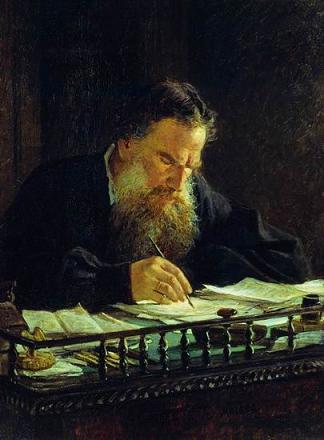
1863: The Porcelain Doll
1872: Letter to Great-Aunt Alexandra on Tolstoy's Children
1880: Letters to His Son
1883: Letter to N. N.
1889: Manual Labour and Intellectual Activity
1894: Reason and Religion
1895: A Reply to Critics and Criticisms
1896: Patriotism, or Peace?
1896: Letter to Ernest Crosby on Non-Resistance
1896: Letter to Russian Liberals 
1897: Letter requesting a Nobel Prize for the Doukhobors 
1898: Tolstoy Letter on Suicide
1898: Letter to A Non-Comissioned Officer 
1899: Letter to a Chinese Gentleman
1900: Letters to Friends on the Personal Christian Life
1900: Causes of the Transvaal War
1901: To the Tsar and His Assistants 
1908: Letter to a Hindu 
1910: Gandhi Letters
1924: Letter on the Question of William Lloyd Garrison
~~: Letter to Dr. Eugen Heinrich Schmitt: On Serving Governments
~~: Letters on Henry George: Tolstoy on Georgism
~~: Letter to the Peace Conference
Biographies, Evaluations, Criticisms
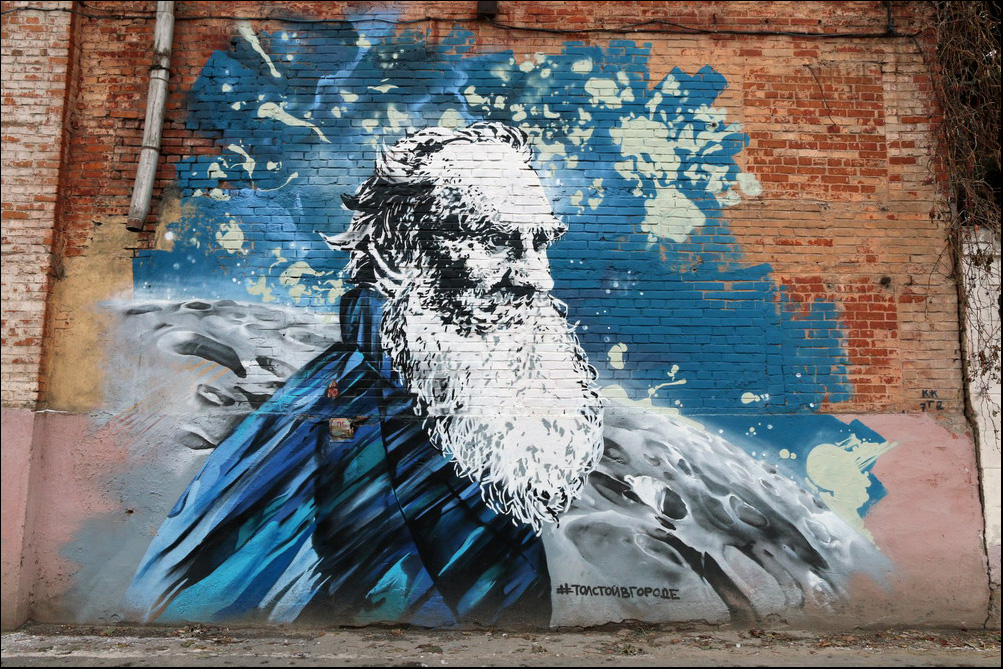
From Reformers
1887: Count Tolstoi and the Public Censor — Isabel Hapgood
1889: Great Vegetarian Men — London's Vegetarian Newsletter
1901: Count Tolstoy in Thought and Action — Robert Edward Crozier Long
1902: Prophets of the Century: Leo Tolstoy — John C. Kenworthy
1903: Biography of Leo Tolstoy — Robert Nisbet Bain
1910: Tolstoy Is Dead; Long Fight Over — The New York Times
1911: Tolstoy, Leo — Encyclopedia Britannica
1911: Essays on Russian Novelists: Tolstoy — William Lyon Phelps
1918: The Revivalism of Leo Tolstoy — Otto Heller
1922: Tolstoy's Newly Published Diary and Letters — T. R. Ybarra
1941: Tolstoy and Shakespeare — George Orwell
1994: UNESCO biography of Tolstoy — UNESCO
From Marxists
1908: Leo Tolstoy as the Mirror of the Russian Revolution — Vladimir Lenin
1908: Tolstoy, Poet and Rebel — Leon Trotsky
1910: An Appraisal of Leo Tolstoy — Vladimir Lenin
1910: Tolstoy and the Ethics of Introspection — E. Belfort Bax
1910: L. N. Tolstoy and the Modern Labour Movement — Vladimir Lenin
1910: Tolstoy and the Proletarian Struggle — Vladimir Lenin
1911: Lev Tolstoi and His Epoch — Vladimir Lenin
Related Subjects
Omnia — Virtually all works apply under this subject.
- 1887: On the Significance of Science and Art
- 1897: What is Art?